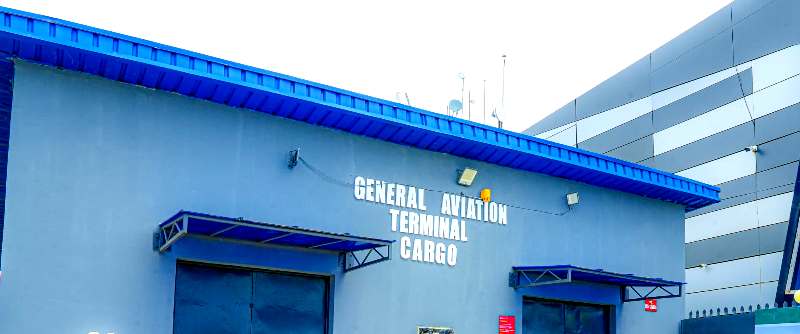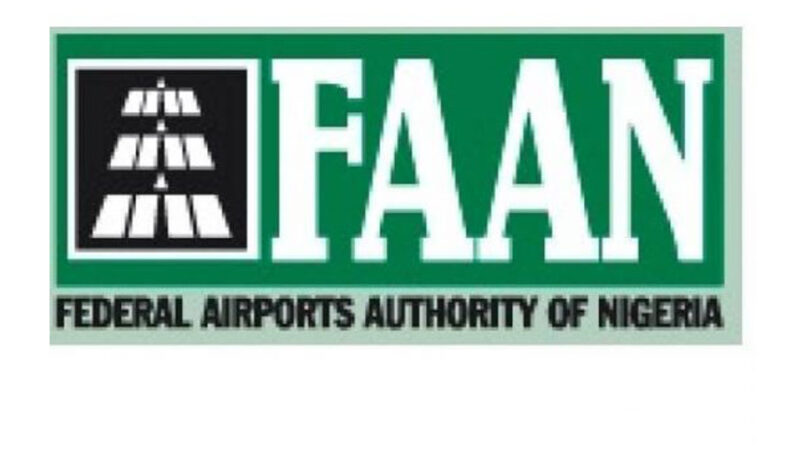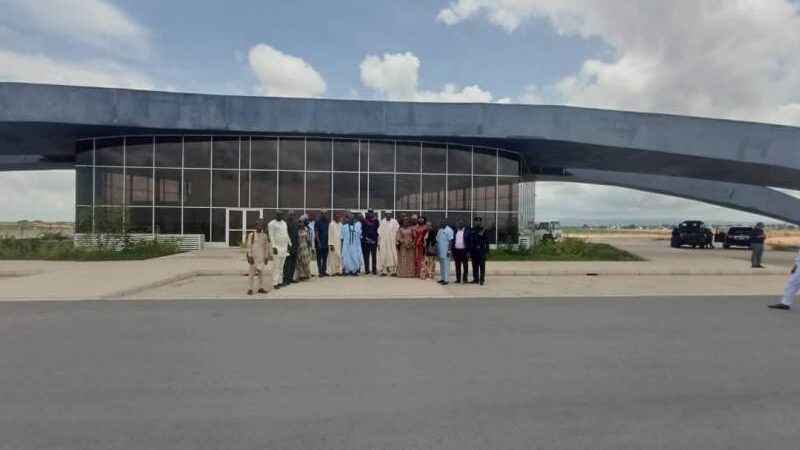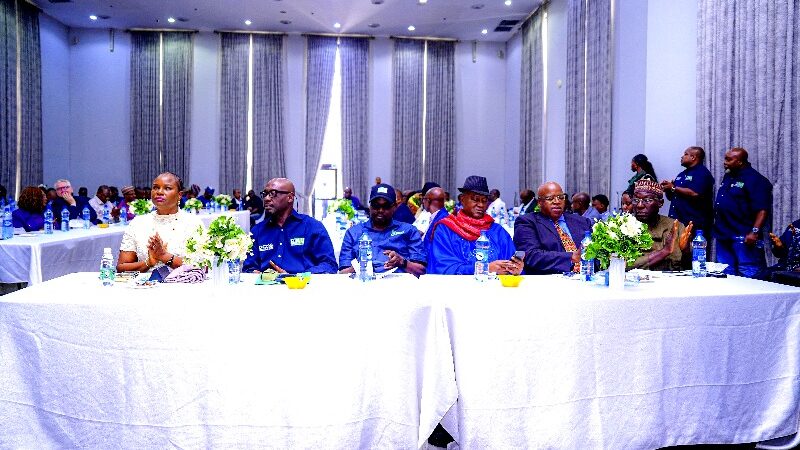How Partnership, Keeping To SLAs Can Improve Airport Viability

The Chief Operating Officer of Bicourtney Aviation Services Limited (BASL), Mr. Remi Jibodu says keeping to Service Level Agreements (SLAs) and partnerships can improve the viability of airports in Nigeria.
Making a presentation at the 9th Airport Business Summit and Expo held in Lagos on August 20 to 22, 2024 under the Theme: “Airport Viability is Key to Successful Aviation Business Ambition,” Jibodu said airport viability serves as gateways to connect people to the rest of the world, connects trade centers and business territories, facilitates the movement of goods, contributes to overall economic growth, creates employment opportunities, promotes regional development and strengthens national security. He said “one of the most effective ways to enhance the viability of our airports is through strategic partnerships in form of Public-Private Partnerships (PPPs) that provide viable solution to the funding, improve service delivery, private sector expertise and often brings innovation and efficiency that could transform airports into hubs of excellence as in the case of MMA2 operated by Bi-Courtney Aviation Services Ltd (BASL).
A second form of strategic partnership that can improve airport viability is airline-airport collaborations that can produce increased passenger traffic, boosting of revenue and viability based on data, enhanced route development and improved customer experiences as in the case of Premium Concierge Service. Other forms of strategic partnership are concessionaire adoption, cargo and logistics partnerships involving General Sales Agents and Cargo Airlines.
Jibodu said SLA defines roles and responsibilities, ensures stakeholder accountability, provides revenue assurance, maintains high standards of maintenance, sanitation, security, etc, creates reliability and predictability, encourages further investment and accountability.
He further identified impact of airport viability as attraction of non-aeronautical revenue sources like retail, hospitality, and cargo services, increased revenue streams, attraction of more airlines and passengers with improved services and facilities citing the MMA2 as “a Go-to for any new airline in Nigeria.”
According to Jibodu, airport viability leads to cost efficiency from collaborations with private partners and adherence to SLAs to optimize resource use, reduced operational costs through shared resources and enabling airports to operate more profitably. It also leads to enhanced reputation, seeing to the consistent delivery of high-quality services and operational excellence, building a strong reputation domestically and internationally, attracting more investors, and passengers and furthering enhancement of the airport’s profitability.
“In conclusion, using Nigeria as a case study the future of aviation industry depends on our ability to forge strong partnerships and commit to the highest standards of service. Embracing all we have shared here, we can transform our airports into world-class facilities that not only meet but exceed the expectations of passengers, airlines, and investors alike,” said Jibodu, adding that “the journey will require commitment, collaboration, and a relentless pursuit of quality, but the rewards will be well worth the effort.”
SEE MORE PHOTOS






